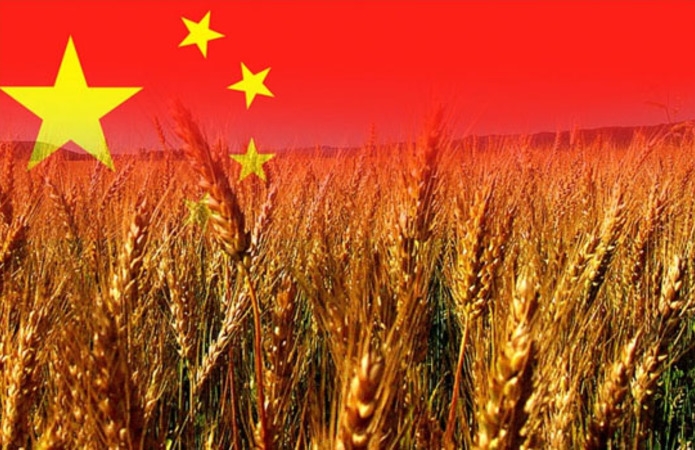China is actively reducing its dependence on grain supplies from the United States

After the trade war that began during Trump's first term as US president, China began to reduce its dependence on American agricultural products to ensure its own food security.
Then Trump introduced an import tariff on Chinese goods worth $370 billion, and China in response imposed a 25% tariff on goods from the United States worth more than $100 billion, including soybeans, wheat, corn, sorghum, and pork.
The share of soybeans from the United States (the traditional supplier of these products to the PRC) in total Chinese soybean imports decreased from 40% in 2016 to 18% in 2024, as the supply of soybeans from Brazil, which replaced the United States as the main supplier of corn, increased.
In 2022, China imported agricultural products from the USA for $43 billion, in 2023 - for $34 billion, and in 2024 it will further reduce purchases. Currently, the country is engaged in diversification of sources of supply of agricultural products and stimulation of its own production.
In August 2019, China stopped buying agricultural products from the US after Trump introduced tariffs. In January 2020, a trade agreement was signed between the countries, according to which China promised to increase purchases of American goods by $200 billion over two years, including agricultural products by $32 billion. But in February 2022, the United States declared that China did not fulfill this agreement, since it purchased agricultural products from the United States for only $19 billion.
In 2021, China began commercial cultivation of GMO soybeans and corn, and passed an anti-food waste law to reduce grain losses. From February 2022, he allowed the import of wheat and barley from all regions of the Russian Federation, and from May - the import of corn from Brazil.
And on March 7, 2022, Xi Jinping said that "the country must fully provide itself with its own rice, otherwise it will be controlled by others, so food security is a strategic issue."
In June 2022, China passed a soil protection law as decades of industrialization and overuse of pesticides in some provinces have led to soil degradation and reduced crop yields.
From April 2023, to reduce soybean consumption, China decided to reduce the content of soybean meal in animal feed from 14.5% in 2022 to 13% by 2025, and launched pilot projects to use food residues and animal carcasses in feed.
Already on May 4, 2023, China allowed genetically edited soybeans, which, unlike GMO soybeans, do not contain foreign DNA, but manipulate their own genome to improve productivity. In December, the first 26 seed companies were issued licenses to produce and sell GMO soybeans and corn. From May 2024, the import of GMO corn from Argentina was allowed and the safety of GMO wheat was agreed.
From April 9, 2024, the country began a campaign to increase grain production by more than 50 million tons by 2030, and in 2023 it has already collected a record 695.41 million tons of grain, and in 2024 it plans to receive more than 700 million tons.
In June 2024, China passed a food security law aimed at achieving independence in grain and food production. It obliges local authorities to include food security issues in their economic and strategic plans.
Since October 2024, the country has launched an action program for 2024-2028 aimed at accelerating the development of intelligent agriculture to increase food production.


